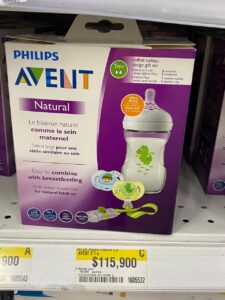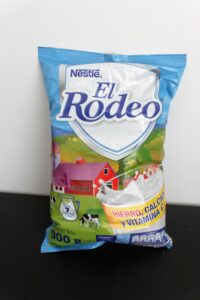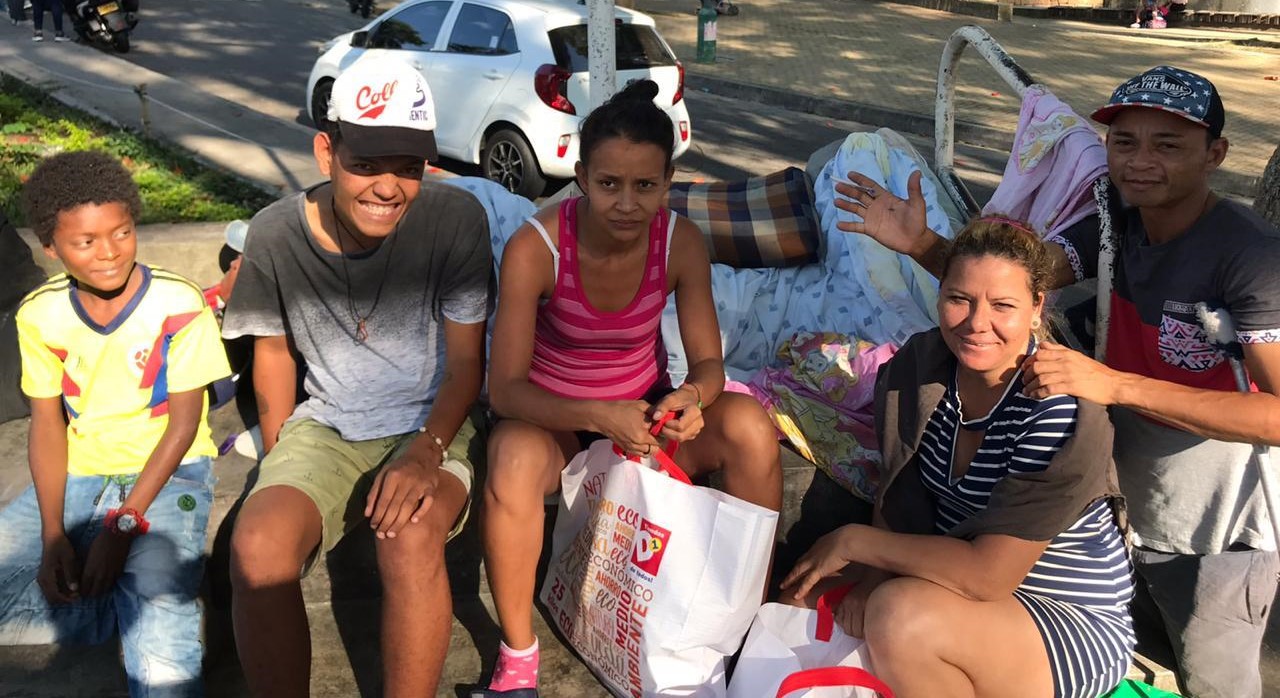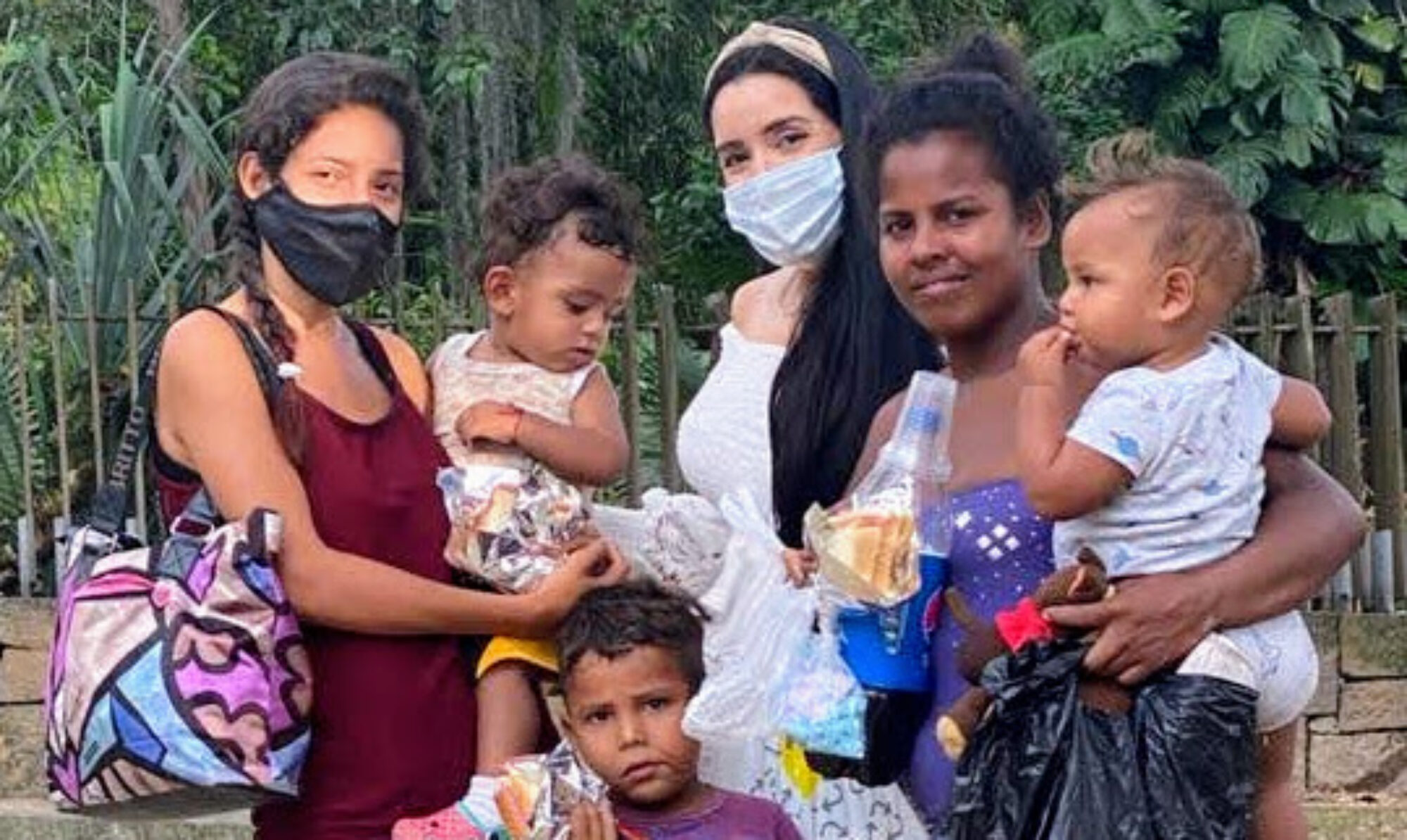Pregnant Refugee Mother Has Many Needs

Meet Rosa Mujica Mendoza, 27 of Aragua, Venezuela. She has been living in Colombia for about a year. Her husband managed to find work at a car wash, but the wages are below minimum because he is Venezuelan. The COVID-19 pandemic has also significantly reduced his earnings.
BBI was out giving sandwiches and energy bars to refugees when we were told about Rosa and her situation. We arranged to meet where we learned she is about 38 weeks pregnant. She has been working some domestic cleaning jobs, but due to the pregnancy, has been unable to continue.
She has had no prenatal care. Nutrition has been a greater challenge since the pandemic and loss of work. She has actually lost weight and had some infections.
BBI is arranging to get Rosa good food and vitamins, but there are many other things she will need when the baby arrives. All are well beyond her means.
-
-
- Baby bottles
- Infant formula
- Diapers
- Wipes
- Feminine hygiene products
- Towels
- Bibs
- Baby clothes
- Bedding
- Soap, ointments, powders
- Crib
- Stroller
- Misc.
-
As tough as her situation is in Colombia, it is still better than what it would be if she was in Venezuela. She is one of thousands of pregnant women facing the same or similar challenges.
BBI is committed to doing all we can to help Rosa and as many others as we can. Everything we do for her and others depends on the generosity of others.
We welcome your support via PayPal, which is the least expensive and most efficient way for you to channel funds through BBI to the refugees. You can also sign up with Amazon Smile and designate BBI as the recipient based on your purchases.
Milk in Aseptic Packaging

Milk is an important source of protein and calcium, especially for growing children and pregnant women. BBI has prioritized including milk in every gift of food and basic necessities to refugees living in the streets.
The prevalence of aseptic packaging makes this feasible, even for refugees living on the streets in a tropical environment.
BBI has learned two important lessons about milk in aseptic packaging from our interactions with refugees.
- Smaller aseptic packages are easier for them to manage because once opened, the milk must be consumed quickly to avoid spoiling because they have no refrigeration.
- Once an aseptic package of milk is opened, no matter the size, it is shared among other refugees to avoid waste.
We will continue to learn and adapt on how we can better provide for refugees living in the streets so we utilize our limited resources to the maximum extent possible.


